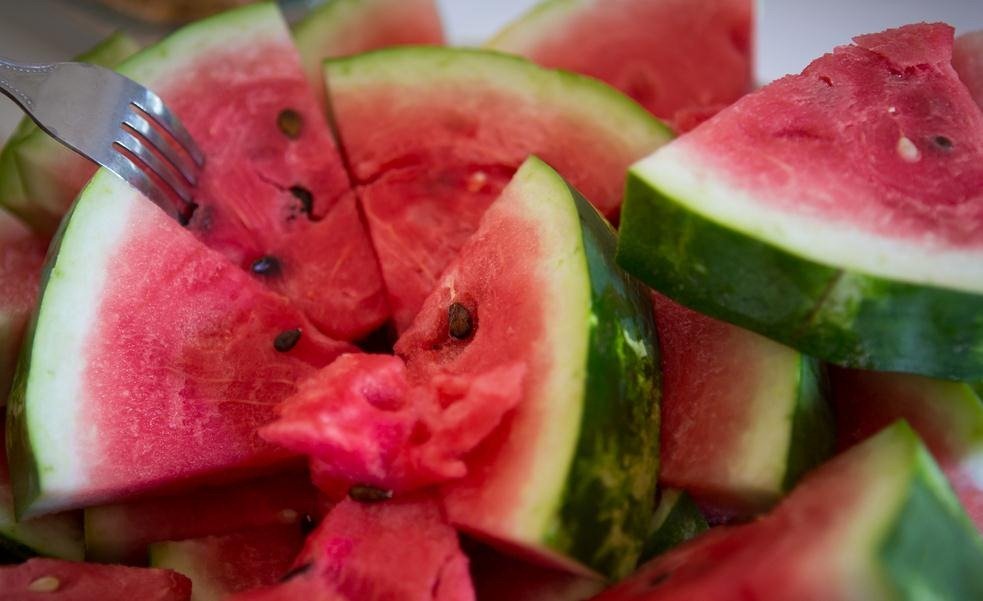Watermelon seeds are very rich in benefits and nutritional properties, very suitable and good for health. Discover its most important qualities and how to consume them.

The watermelon is one of those fruits as delicious as nutritious and highly refreshing, ideal in the summer months to help keep properly hydrated during a hot day, while providing many interesting nutritional qualities and health benefits. In fact, just take a look at what are the most important benefits of watermelon to realize it: it is very rich in water, it hydrates and remineralizes us, it is very rich in lycopene (a nutrient with great antioxidant power), it contributes very few calories and fat, it helps purify the body and stimulates diuresis in a completely natural way.
It is a seasonal fruit typical of summer, hence it is common to find it in the market especially between the months of June to August, and it may be somewhat more difficult to acquire it from the month of September. As you surely know, it is also known by other curious names, such as water melon, molancia or pin.
Inside, in addition to its interesting benefits already mentioned in the previous lines, we find some seeds of small size and dark color that tend to be brownish to black, and about which – in fact – we do not notice so much. Did you know that they provide interesting health properties? We go on to discover some of its most important qualities.
Watermelon seeds benefits:
Natural laxatives.
Watermelon seeds are very rich in dietary fiber, so they are an ideal option in case of occasional constipation, thanks to the fact that they help regulate intestinal transit by stimulating intestinal motility in a completely natural way.
Excellent diuretic action.
As with watermelon, its seeds have an interesting diuretic action, so they are ideal when it comes to purifying our body and helping us eliminate accumulated toxins.
They are good for the kidneys, since they stimulate the different kidney functions. Hence, they become an ideal option when it comes to purifying the kidneys and as a natural treatment in case of high blood pressure, kidney stones (kidney stones) and fluid retention.
Very rich in natural antioxidants.
As with watermelon, the seeds are very rich in antioxidant nutrients. While watermelon is extremely rich in lycopene (which we also find in other foods, such as tomatoes), its seeds provide interesting amounts of magnesium and zinc.
As you surely know, both zinc and magnesium are two minerals that help reduce the negative action of free radicals.
Wonderful source of energy.
While watermelon is a very low calorie fruit, since 100 grams of watermelon provide only 20.3 calories, its seeds are tremendously energetic, and so they become an ideal option for when we need an extra supply of energy. In fact, 100 grams of watermelon seeds provide 555 calories.
How to eat watermelon seeds?
Watermelon seeds consumed in excess can cause digestive and stomach problems. Therefore, in the first place it is recommended to consume only a small handful of these seeds a day. Precisely to avoid these annoyances it is more advisable to grind them before consuming them.
In addition, given that due to both their size and their inner lining, they can pass through our digestive tract without being processed, to enjoy all their properties it is convenient to chew them well before ingesting them.































